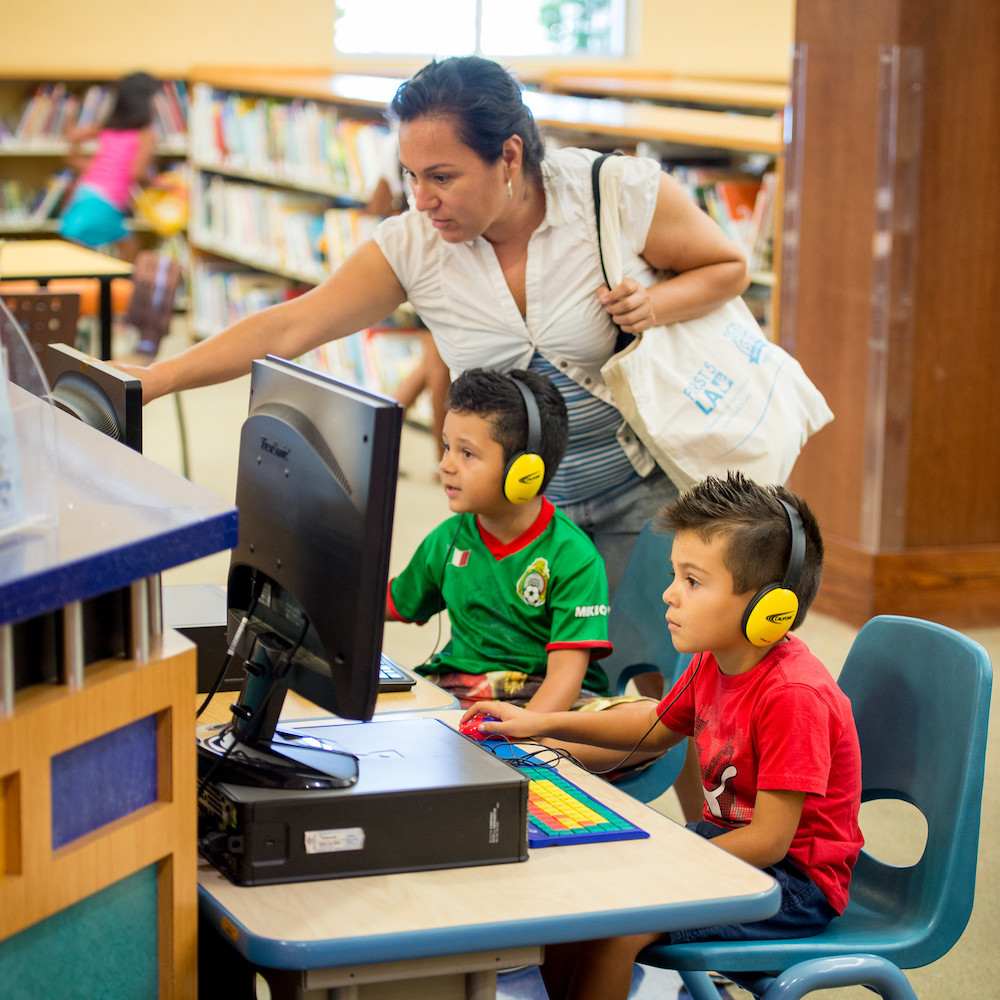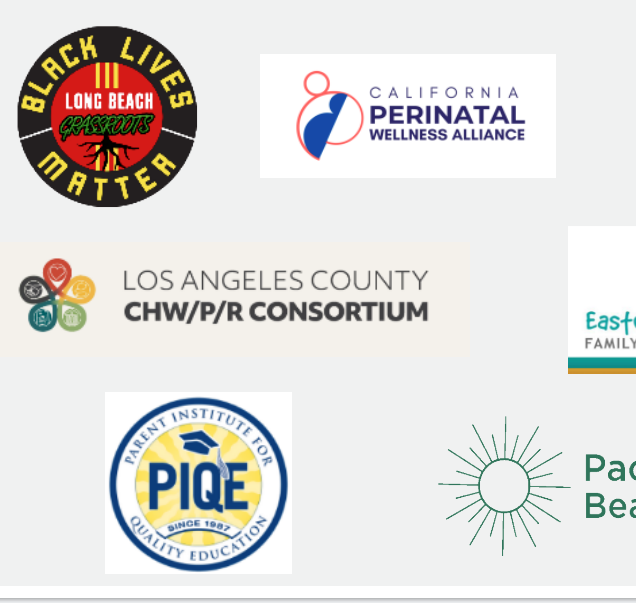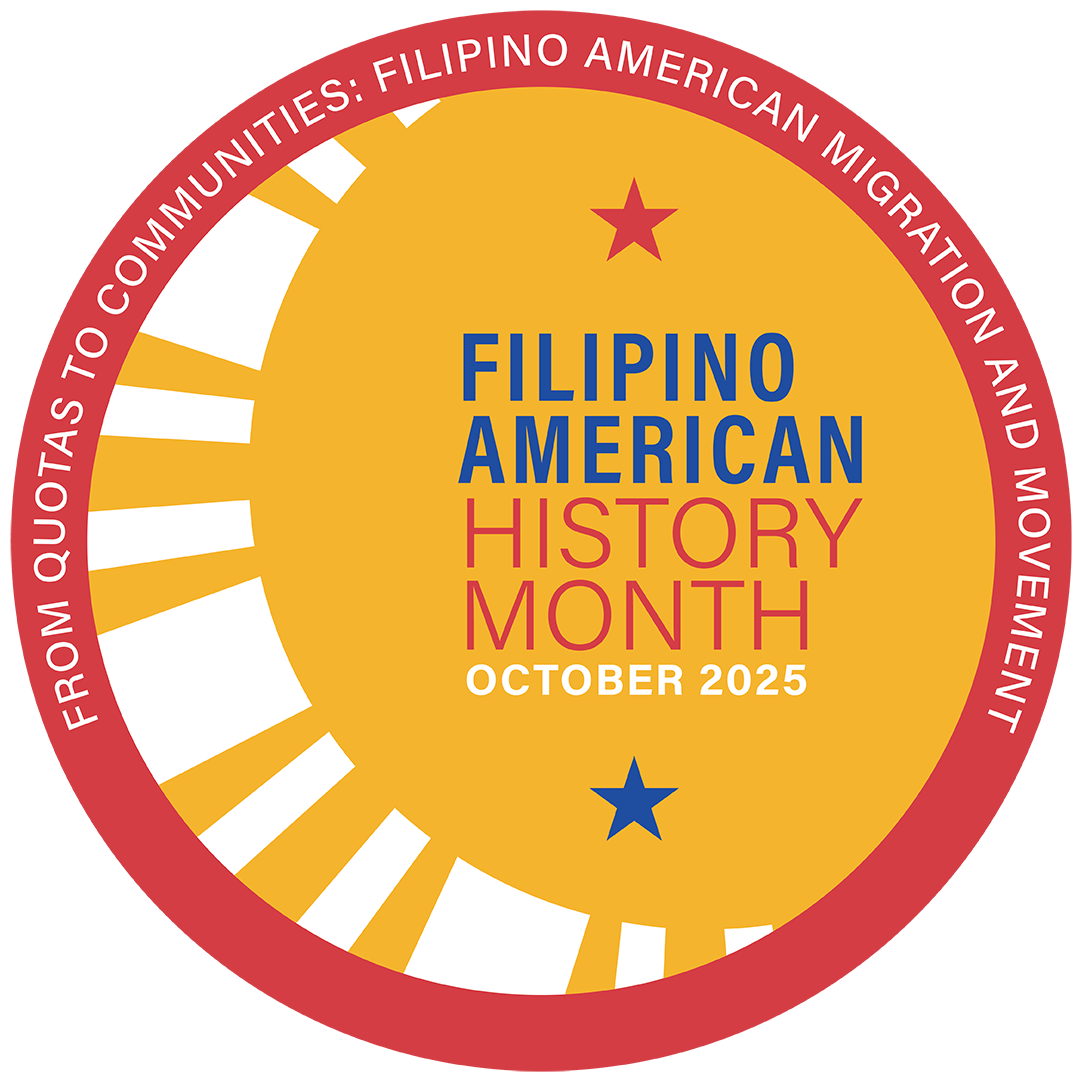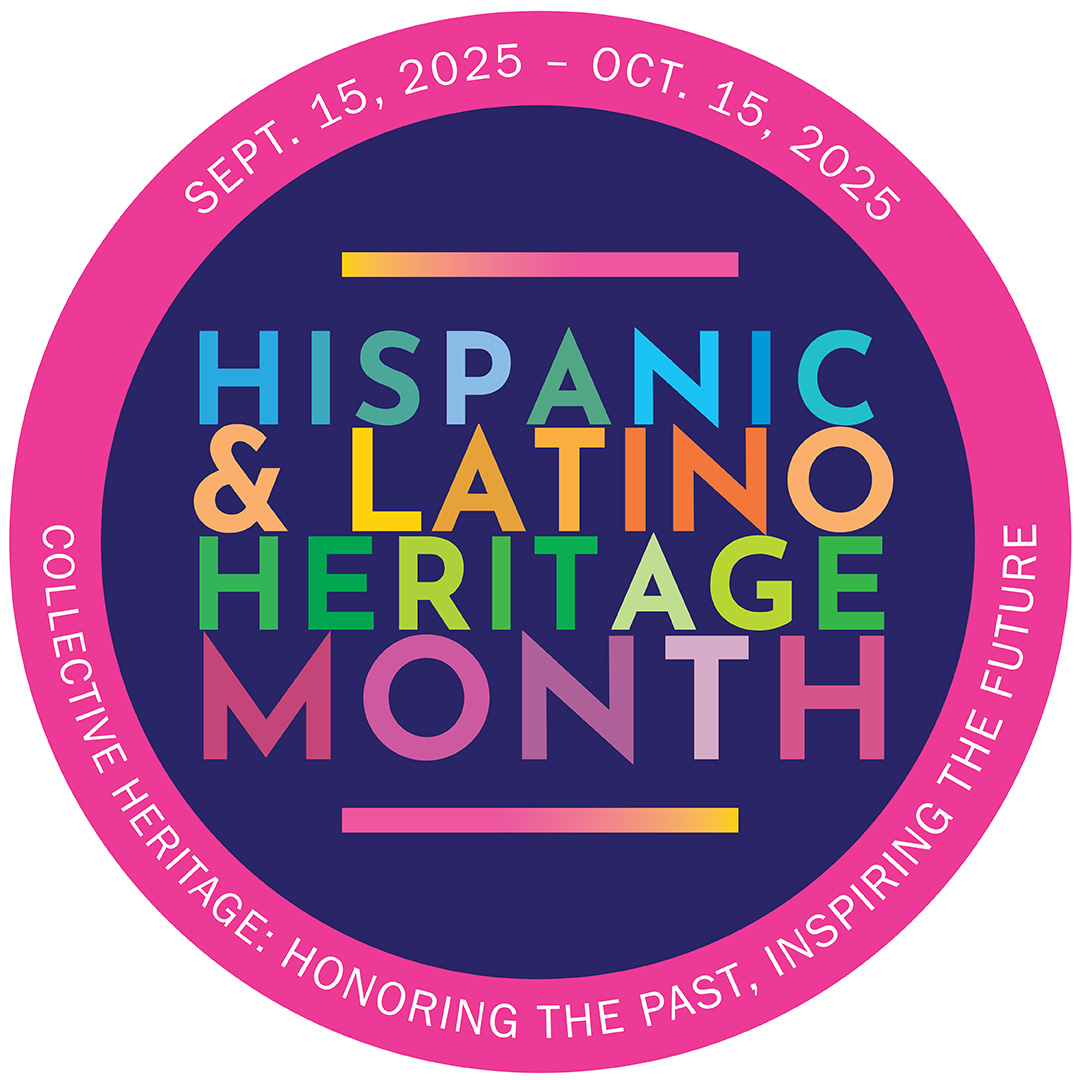In the field of family engagement, providers strive to “meet families where they are.” This phrase illustrates the importance of offering programs and services in places where families already visit and feel welcome, such as recreation centers, libraries and other community-based places. But how does this tenet of family engagement translate amid the backdrop of an unprecedented global pandemic with a “safer-at-home” mandate for L.A. County residents? And while the spaces where family engagement programs are typically offered are now temporarily closed in an effort to mitigate the spread of COVID-19, how can providers engage the families who need their services?
Many family-serving providers asked themselves these questions and quickly strategized ways to support their communities when the safer-at-home orders were issued in mid-March. Depending on capacity, engaging families during this pandemic looks different for each organization and is continuously evolving as “meeting families where they are” and with the resources available takes on a new meaning.
For some of First 5 LA’s Abriendo Puertas/Opening Doors (AP/OD) partners, engaging families while observing social distancing guidelines has meant getting creative with technology. A few organizations have already had a head start on “e-family engagement” before the pandemic. For instance, to meet the needs of a participant with transportation challenges, AP/OD facilitators Eddy Gana, MSW and Maria Carmel Valendez from Search to Involve Pilipino Americans (SIPA) offered a virtual option to their in-person programming. When the safer-at-home order was issued, SIPA had two remaining sessions left in the 10-session curriculum. Without hesitation, the community decided to finish the remaining sessions virtually. Everyone came together to continue their conversations and support one another amid the early stages of this public health crisis.
“It was wonderful to see Latino and Filipino families learn from and share with each other about their life experiences and similar practices,” said Gana of the 10-week AP/OD program. “From Guatemala and the Philippines, for example, parents were open about their family’s immigration stories. We spoke about language, education, and of course, food. Throughout the series, the families showed a strong sense of dedication to their cultural identity. As a facilitator, I am confident that the discussions brought on by Opening Doors were super helpful to encourage our families to embrace their culture and carry it on for a brighter future for their children.”
For many providers like SIPA, opportunities to engage families before the pandemic connected them even further as a community while the public health crisis unfolded. Providers are using this time to think and plan for future family engagement work after the pandemic ends. Although it’s important for family engagement to happen in person, doing virtual programming could be the key to increasing family outreach by improving how providers support families. Moving forward, some providers are looking at ways to diversify how they deliver their program as a way of expanding access. Perhaps later, if families are facing transportation issues or scheduling conflicts, they may still participate in programs virtually. Though as difficult as it may seem, many providers are seizing this moment to improve their practices and reach.
Another technologically resourceful AP/OD partner that has emerged as a result of the pandemic is the Antelope Valley Partners for Health (AVPH). The nonprofit launched an AVPH YouTube channel to help engage families through art, storytelling, dance and fitness. In Soccer Drills with Shierly, families are reminded of the importance of getting exercise during this time of social distancing (“Make sure you’re staying active, not just staying at home and doing nothing!”). While this channel allows AVPH staff to provide on-demand content for families, AP/OD facilitators are also preparing to provide virtual programming for the 10-week sessions in both English and Spanish.
Though technology has proven an excellent tool in engaging families during physical distancing, access to technology and Wi-Fi is particularly challenging for low-income communities and communities of color across L.A. County. A recent report published by the Partnership for Los Angeles Schools found that one out of five families reported not having access to a computer, laptop or iPad. In areas like Watts, this statistic was increased to two out of five families. Despite technology companies and large internet providers committing to supporting local communities with internet access, many communities still experience challenges when trying to utilize these “free” offers. The report highlighted barriers such as limited or no service in certain zip codes, mandatory deposits, installation fees and pricey, long-term contracts.
Another AP/OD partner who is helping address local barriers is the Pasadena/Altadena Coalition of Transformative Leaders (PACTL). Among the many services they offer, PACTL is providing access to technology and internet services, while supporting Pasadena Unified School District families by dropping off meals to those who cannot travel to pick-up points. Prior to the COVID-19 crisis, PACTL had begun adapting AP/OD programming to specifically support African-American and Native American families; they now plan to launch their programming into the digital sphere. Before working with AP/OD, PACTL already had a strong relationship with local families and were looking at ways to be more culturally responsive in supporting them. Through AP/OD, family engagement providers are identifying ways to support their community by sparking meaningful conversations and building trust. “[AP/OD] can help parents help each other with making sure their children are successful,” said Dara Griffin of PACTLC. “We want all of our children to learn and thrive [and this program] helps start those conversations and move our communities and families into action.”
Likewise, First 5 LA partner Little by Little (LBL) –– an early literacy program administered through Women, Infant and Children (WIC) centers –– has seen an increase in enrollment due to the COVID-19 crisis. Each quarter, LBL offers WIC families developmentally appropriate books and guidance handouts to support home literacy development. The handouts are available to any member of the public. Since the pandemic, LBL has modified their support to serve families remotely through phone and text. Since LBL helps families grow their home library, families have access to books received from past visits. Currently, the LBL team is strategizing ways to mail books to families who would have access to books if WIC offices were open. In addition, all WIC participants are now able to access their benefits remotely through their EBT-based WIC cards.
Meeting families where they are at while we are all practicing physical distancing is not easy, but many family service providers are proving that it is not impossible. They are working hard to support families as everyone is adjusting to these sweeping changes that are affecting every facet of society. Through it all, one thing is very clear: the strength and bonds of engagement that existed before the pandemic are helping families weather this storm. In the post-pandemic world, the lessons learned from adapting family engagement programs and strategies in the virtual realm will hopefully mean that providers simply have one additional place to meet families where they are: online.







